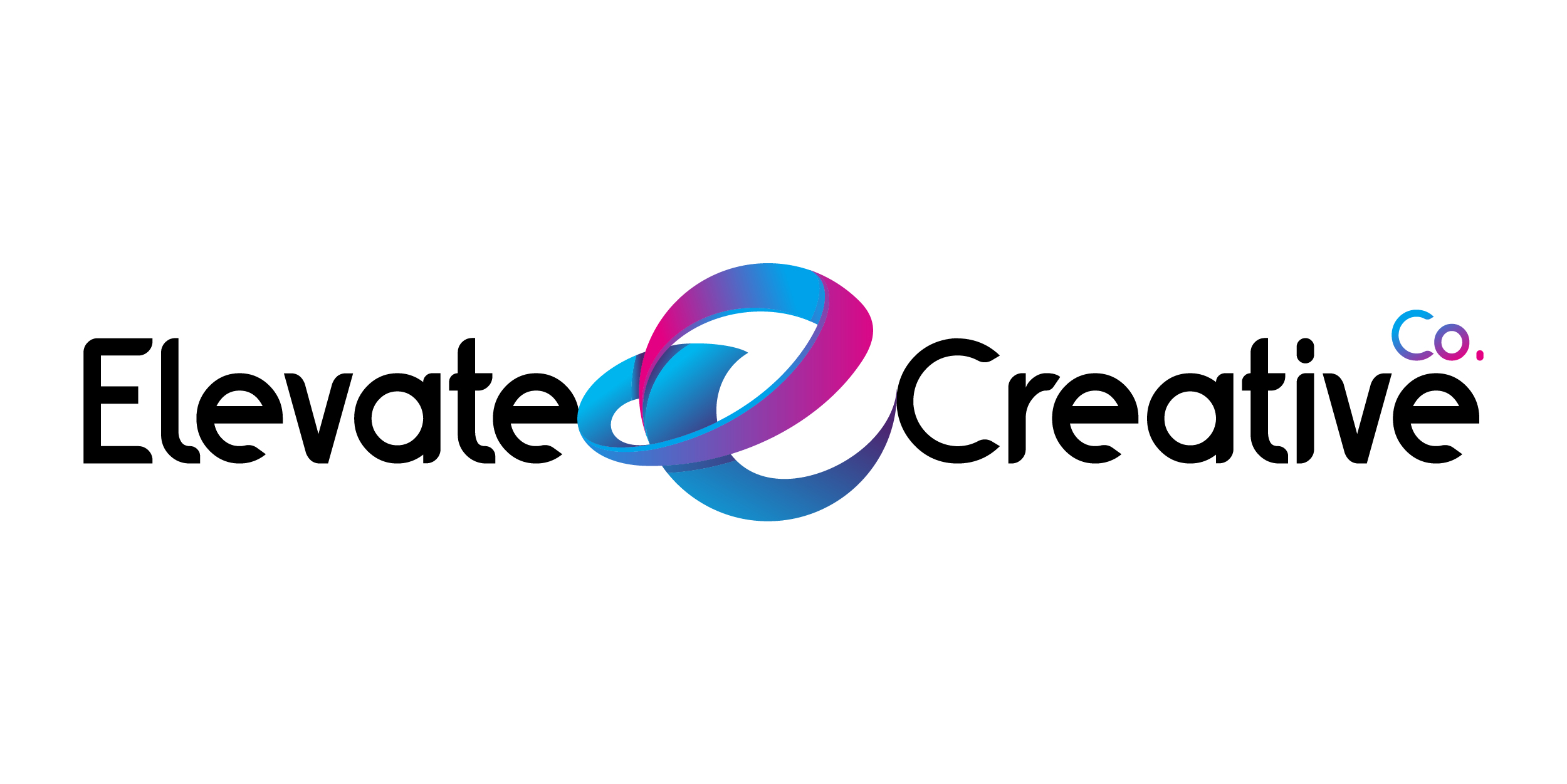Keyword Research
Finding search terms your ideal audience use to search for products and services you sell is the idea of keyword research. You then weave these keywords into your optimisation methods to rank your website in search engines.
What is Keyword Research?
Keyword research is at the centre of SEO strategies. It’s the process of finding what your potential customers are searching for online. It’s about understanding the language they use and the questions they are typing in to search engines. These insights not only inform your content marketing strategy, but are essential for understanding market demand, as well as audience language and behavioural trends.
As a business owner, you wear many hats, but SEO shouldn’t be the one you toss aside, especially when it holds so much potential in directing quality organic traffic toward your business. Through keyword research, you can identify the terms most relevant to your business, and which of them are worth pursuing. This isn’t just about guessing what people search for. It’s deciphering real data and using it to influence your online presence.
But why does all this matter? The short answer. Discoverability. Without a handle on the keywords that resonate with your audience, you’re a needle in a haystack of online content. Effective keyword research helps your business emerge as a beacon for potential customers.
Search Intent
Search intent is the why behind a search query. It’s an acknowledgment that people use search engines with a specific purpose in mind. Understanding and catering to this is the key to creating a high-converting content strategy.
Four main types of search intent should be top of mind: informational, navigational, transactional, and commercial investigation. Each type signals a different stage in the buying cycle and requires a tailored response. Business owners need to recognise this intent and shape their content to address it effectively, whether that’s providing product information, guiding to a specific page, or offering a service that matches a high-intent query.
Matching search intent with your keyword strategy ensures that the content you produce not only ranks well but also resonates deeply with searchers, building trust and authority for your brand in the process.
High Converting Content
With a solid understanding of keyword research and search intent, you’re well on your way to crafting content that not only drives traffic but also converts. But how do you use these insights to mould your content into an SEO system that delivers results?
It starts with prioritising keywords that align with your business goals and have the potential to rank well. These should be woven into your content in a natural, reader-friendly way. Here’s where the art part of keyword research comes into play – balancing keyword placement and readability.
Next, focus on producing high-quality, informative, and engaging content that keeps the reader on the page. The longer someone spends engaging with your content, the more favourable the signal for search engines. Use images, videos, and infographics to keep it visually stimulating, and make sure the content is easily digestible by breaking it into sections with clear headings.
Finally, analyse the performance of your content over time, iterating as needed. Find out what works and double down on that content.
A Keyword Research Toolbox
Keyword research tools are the secret weapons in your SEO arsenal. They allow you to delve deeper into the keyword universe, uncovering gems and identifying trends. From Google’s Keyword Planner or UberSuggest to more advanced platforms like Ahrefs and SEMrush, these tools provide a wealth of data to inform your keyword strategy.
But remember, tools are only as useful as the person wielding them. It’s crucial to understand not just how to use these tools, but how to interpret the output in a way that’s actionable for your business. Look for long-tail keywords that may be less competitive but highly relevant. Consider the seasonality of search terms, and be willing to pivot your strategy accordingly.
Keyword research is an integral part of your business’s SEO strategy, but it can’t exist in a silo. It’s part of a broader marketing framework that includes content strategy, user experience, and technical SEO. Without these other pieces of the puzzle, your keyword research efforts could be less effective.
As you continue to refine and update your keyword strategy, keep the big picture in mind. SEO is about more than ranking high – it’s about delivering value to your customers. By understanding their language, their questions, and their intent, you can build an online presence that not only gets noticed but also gets results.
Business owners who invest time in mastering keyword research are making a smart bet on their future. The knowledge they gain and the strategies they implement can transform their online visibility, leading to increased traffic, better engagement, and – ultimately – more sales.
Author Bio
Lotan is an experienced marketer, social media strategist and content creator, with a strong agency background and expertise working with leading brands on successful online campaigns.
